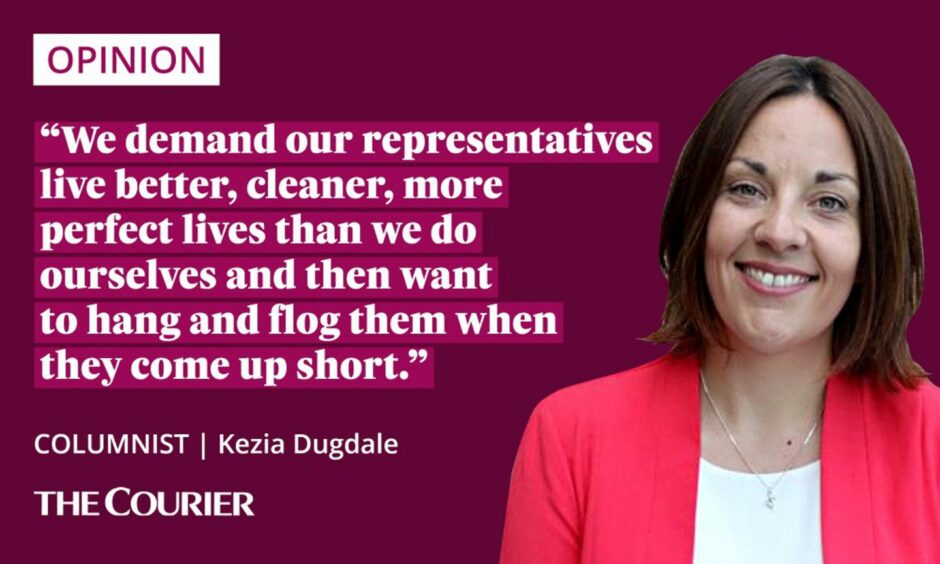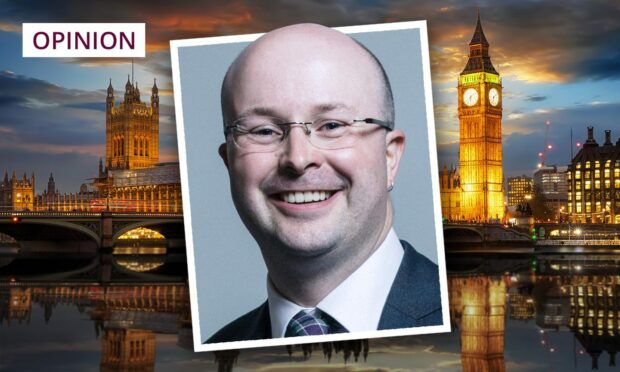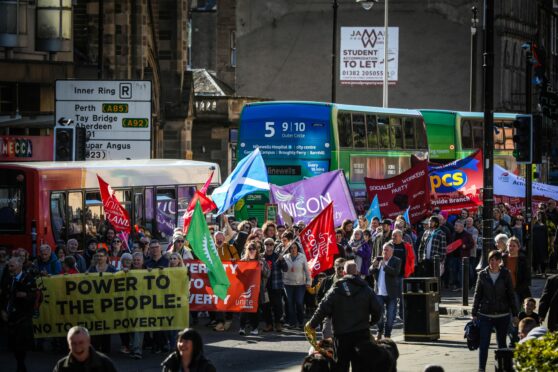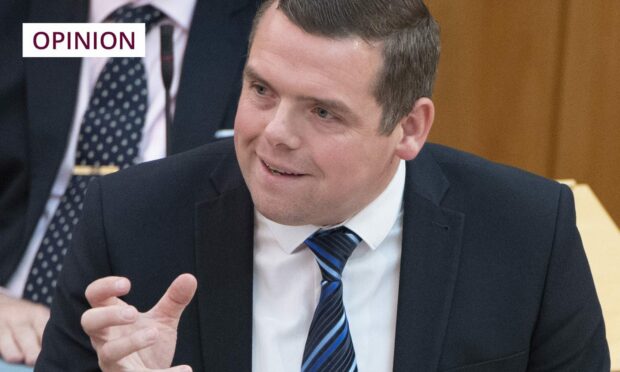Back in 2016, I was very fortunate to be invited to the Democratic National Convention.
Held in a humungous baseball stadium on the outskirts of Philadelphia, the DNC is a four-day event where the US Democrats crown their presidential candidate.
Take the image of British party political conference season from your mind and completely forget about it.
This is tens of thousands of people crammed into a stadium to watch the glitterati do politics. I heard the Obamas and the Clintons speak – it was a mesmering, high energy, prime time experience.
One night after all the proceedings were over, I followed the instructions I’d been given to try to find a bus that would take me back to where I was staying.
As is the American way, there were three different, enormous parking lots. It was dark, late and I was completely on my own and more than a bit scared.
 Patrick Grady MP was staying in the same hotel as me and knew I was due to be on the same bus as him.
Patrick Grady MP was staying in the same hotel as me and knew I was due to be on the same bus as him.
He got hold of my number and phoned me to let me know that I’d better hurry up because the bus was about to leave without me.
When I told him I was lost, alone and scared he got off that bus, and happily gave up the prospect of his last lift home to make sure I was alright.
And it honestly meant the world to me.
Patrick Grady will struggle to shake off sexual misconduct tag
Patrick is in the news this week because he has been suspended from the House of Commons for sexual misconduct.
I share that story not to suggest that it proves he’s an irrefutably good guy.
Good people do bad and stupid things all the time.
People are complex and fickle and layers of many different things.
We can’t be defined by one single characteristic, but a single action can define us.
Glasgow North SNP MP Patrick Grady issues an apology after being found guilty of making unwanted sexual advances to a 19-year-old party worker. pic.twitter.com/wiafxluJuA
— Peter Davidson (@Peter_Davidson1) June 14, 2022
What’s more people in the public eye are far more likely to be defined by their actions, shortcomings, poor behaviour and failures.
That label can stick with them for the whole of their life and infiltrate every future event or choice in their life.
There’s a very strange juxtaposition here, where we demand much higher standards of people in public life but also hold those very same people in such low regard.
The evidence shows we’re also not at all surprised when people fall short of those standards because we didn’t expect them to meet them in the first place.
We demand our representatives live better, cleaner, more perfect lives than we do ourselves and then want to hang and flog them when they come up short.
I helped Holyrood address its sexual harassment culture
In writing this, I can hear people cry “what about the victim!”
Of course, what Patrick did was very serious.
Despite our efforts to make it all work, the employee left. The least powerful person in a workplace power imbalance almost always does
And given that it happened in a workplace where his victim still works, it has very serious consequences for his future in it.
The victim of his sexual misconduct should be free and able to do their job in a safe and welcoming environment.
I highly suspect they will be deeply worried about whether that is possible now.
I sat on the corporate body of the Scottish Parliament at the time when it was forced to address its own culture of sexual harassment.
We had a similar incident of a male MSP behaving inappropriately towards female staff.
The MSP had a right to continue their work, following the sanctions they’d faced.
The employee equally had the right to feel safe at work and didn’t for as long as they thought they might bump into their perpetrator in the canteen.
Despite our efforts to make it all work, the employee left.
The least powerful person in a workplace power imbalance almost always does.
What of the victims? And why does this keep happening?
Examples of sexual misconduct are rife at the moment.
From the extremes of politics to showbiz, there is a critical mass of stories and experiences that we should be able to draw together and examine for trends.
Is anything really changing? Is it changing for the better?
Are victims getting justice? Are they able to move on?
Does their experience empower other victims to use their voice too?
Does the perpetrator’s punishment fit the crime?
Do they have a right to rehabilitate their lives or are we all took quick to cancel?
The biggest question of all is perhaps this – Why despite seeing such strong evidence of what happens to the abusers, who so often lose everything, is this culture of sexual abuse and sexual harassment still so prolific in our public life?
And what will it take to change it?
Because whatever we’re doing just now isn’t working.
It’s failing the victims, who, even if they are heard and believed, are expected to carry on as normal in a system that’s a far cry from what normal should be like.


















Conversation